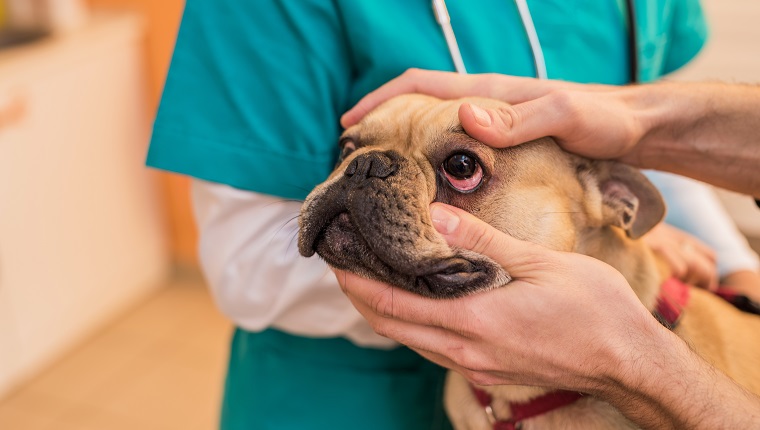
Nonulcerative keratitis in dogs is a medical condition where the cornea becomes inflamed and does not retain a dye called fluorescein stain that appears under ultraviolet light, which vets use to highlight any ulcers that might be present on a dog’s cornea.
In…









